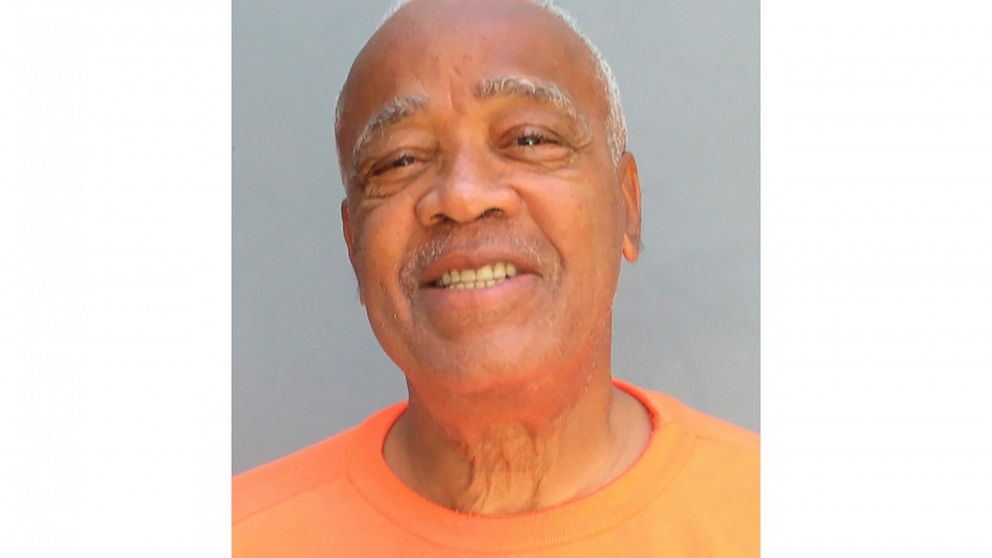PHOENIX — An Arizona prisoner who is scheduled to be executed in three weeks for two 1980 killings will be put to death by lethal injection, making him the third condemned person to decline lethal gas since the state refurbished the chamber where it carried out the last U.S. execution by gas more than 20 years ago.
Attorneys for Murray Hooper said Wednesday that he declined to pick a method of execution when corrections officials asked him if he wanted to die by lethal injection or the gas chamber. Lethal injection is Arizona’s default execution method when condemned prisoners refuse to make a selection.
His lawyers declined to comment on the method by which he would be executed on Nov. 16 for the killings of William ‘Pat” Redmond and Redmond’s mother-in-law, Helen Phelps.
The last lethal gas execution in the United States was carried out in 1999 in Arizona. The state’s gas chamber at the prison in Florence, southeast of Phoenix, was dormant as Arizona started using lethal injection.
Corrections officials have declined to say why they refurbished the gas chamber and purchased materials to make hydrogen cyanide gas, which was used in some past U.S. executions and at Nazi concentration camps during World War II.
Death penalty experts say the United States switched to lethal injection due to the horrific nature of gas executions, which they say are slow and leave the condemned gasping for breath and thrashing in their restraints while appearing to be in excruciating pain.
Arizona, California, Missouri and Wyoming are the only states with old gas execution laws still on the books. Arizona is the only one that still has a working gas chamber.
Deborah Denno, a Fordham Law School professor who has studied executions for more 25 years, said it’s not unusual for death row prisoners to refuse to complete method-of-execution forms, as condemned people who are depressed and resigned aren’t likely to be focused on how they will be put to death.
“This is not foremost in their minds in the way it may seem to seem to someone not in their position,” Denno said.
Authorities say Redmond and Phelps were killed after Hooper and two other men forced their way into Redmond’s home on Dec. 31, 1980. Redmond’s wife, Marilyn, was shot in the head but survived and testified against Hooper.
Lawyers for Hooper say he is innocent and was in Chicago at the time of the killings.
Two other men, William Bracy and Edward McCall, were convicted in the killings but died before…
Click Here to Read the Full Original Article at ABC News: US…

